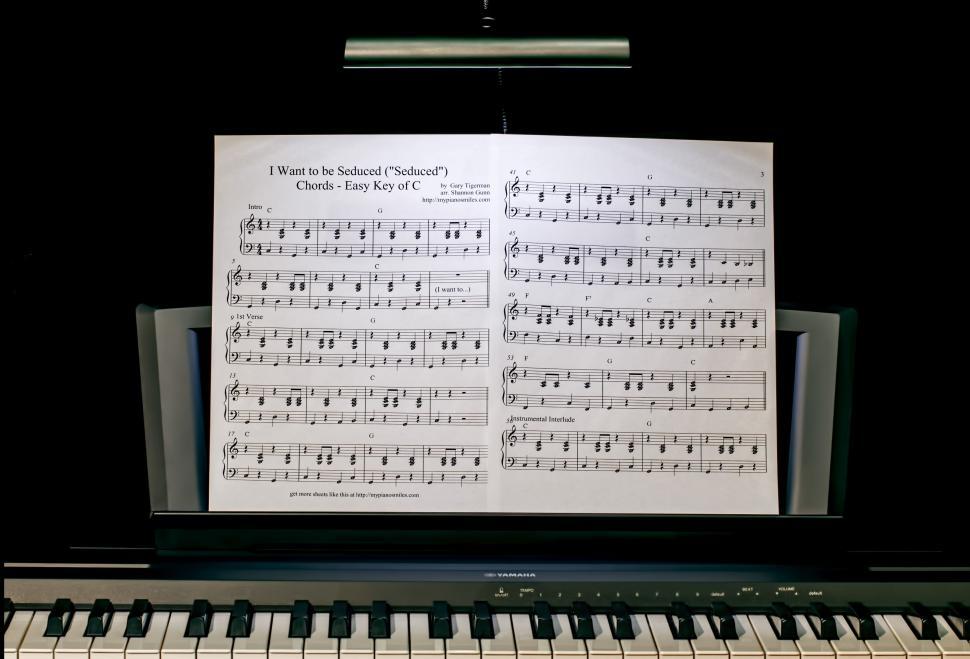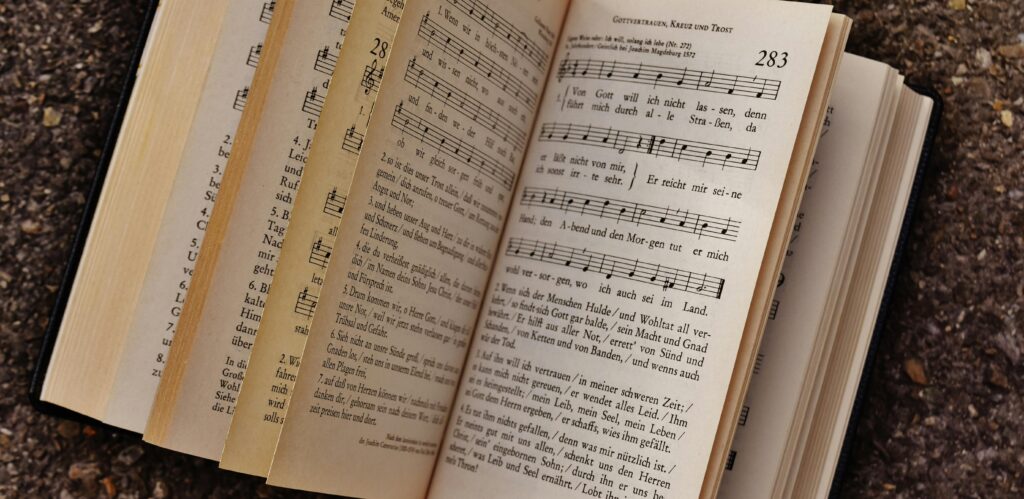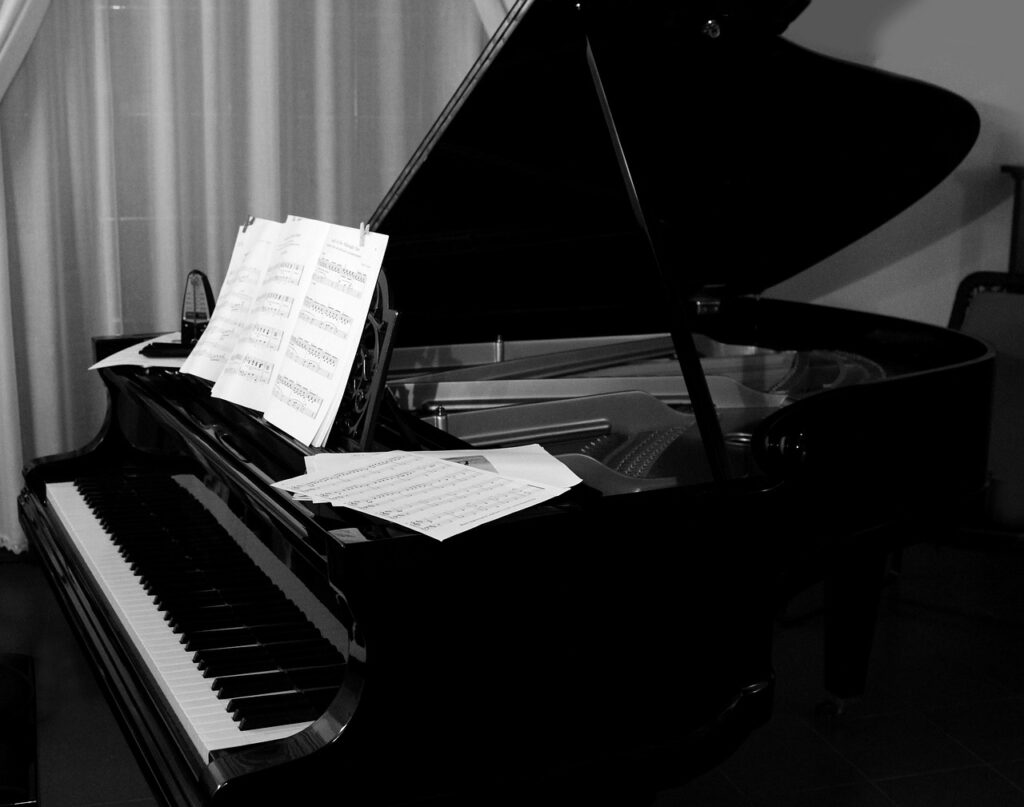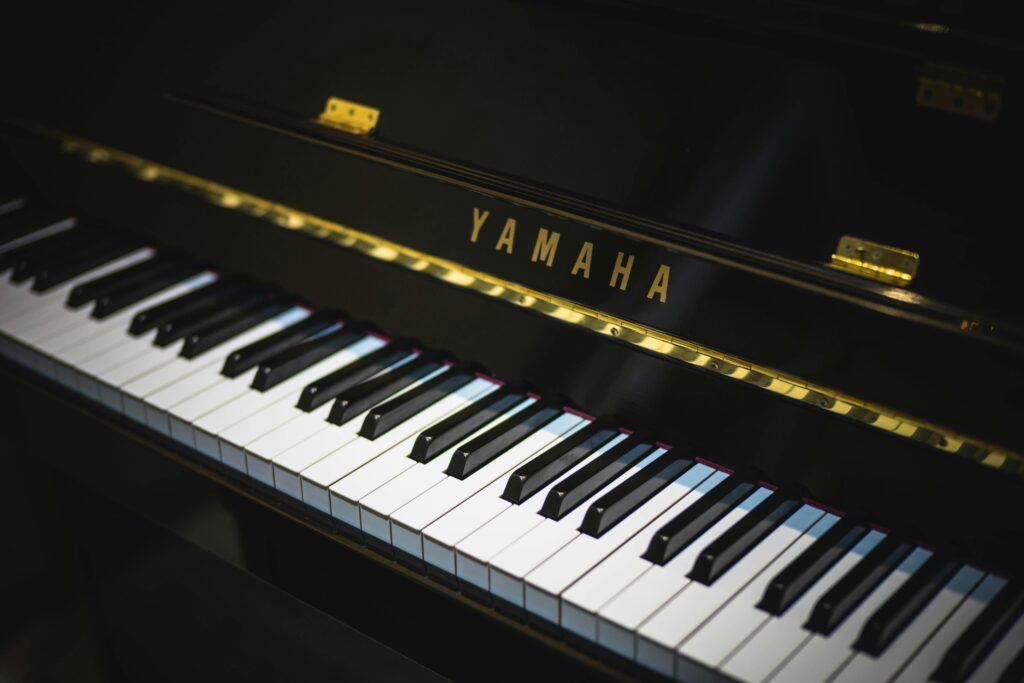At first glance, music can appear complex—full of symbols, unfamiliar terms, and abstract concepts. For beginners, this complexity often raises an important question:
Do you really need to learn music theory to play the piano?
The short answer is: not strictly, but it depends on what you want to achieve. In this guide, we’ll explore the role of music theory in piano playing, how it supports your development, and whether it aligns with your goals.
Understanding Music: The Role of Theory
Music theory provides a structured understanding of how music works. It helps you recognize patterns, identify harmonic functions, and interpret rhythmic structures. Rather than memorizing isolated notes or sequences, you gain a framework for interpreting entire pieces.
With even a basic knowledge of theory, learning becomes more intuitive. You can anticipate musical elements, make sense of sheet music more efficiently, and understand the purpose behind specific passages. This foundation creates more solid and versatile musicianship, accelerating your progress and deepening your understanding of what you play.
Composing and Arranging: Fueling Your Creativity
Music theory gives you the tools to create, modify, and organize musical ideas with intention. It allows you to understand how sounds interact, which elements convey tension or resolution, and how form and harmony can shape a piece. With theory, creativity is not random—it becomes structured and coherent.
For pianists interested in writing their own music or transforming existing songs, this knowledge provides clarity and confidence. It enables you to work with a broad musical palette, to make deliberate choices, and to apply consistent logic to your ideas. Creativity expands when supported by a clear conceptual framework.

Technique and Expression: Going Beyond the Notes
Technical skill at the piano is not limited to finger strength or agility—it also involves mental clarity and musical awareness. Music theory supports technical development by helping you understand what you’re playing at a deeper level.
Recognizing harmonic or melodic structures allows for more logical fingerings, better phrasing, and more expressive interpretation. You stop relying solely on repetition and start connecting movements to meaning. This leads to more intentional practice, more efficient learning, and greater expressivity in performance.
Collaboration: Speaking a Common Musical Language
When playing with others, communication is essential. Music theory provides a shared language that allows musicians to exchange ideas with clarity and precision. Understanding keys, chord functions, time signatures, and harmonic progressions facilitates rehearsal, coordination, and interpretation.
Whether in formal ensembles or casual settings, theory removes ambiguity. It enables you to follow directions accurately, understand your role within a group, and adapt to musical situations without relying solely on intuition. The ability to think and speak in theoretical terms strengthens your presence as a collaborative musician.
Listening with Insight: A New Appreciation
Music theory not only improves how you play—it changes how you listen. With theoretical knowledge, listening becomes an active process of analysis, recognition, and appreciation. You begin to perceive structure, form, and nuance with greater clarity.
This heightened awareness makes musical experiences more engaging. You develop sensitivity to balance, contrast, and resolution. Understanding theory sharpens your perception of detail and opens up new levels of enjoyment in both live and recorded music.
Conclusion: Helpful, But Not Required
Music theory is a valuable resource, but it is not an absolute requirement to begin playing the piano. If your goal is casual enjoyment or learning a few pieces by ear or tutorial, you can make meaningful progress without formal theoretical study.
However, if you seek long-term development, creative freedom, collaborative opportunities, or a deeper understanding of music, theory becomes an essential ally. It enhances your skills, broadens your perspective, and gives you tools to grow with consistency and confidence.
You do not need to master every concept at once. The process can be gradual and adapted to your personal path. Music theory is not a gatekeeper—it is a guide that supports your evolution as a pianist and musician.



